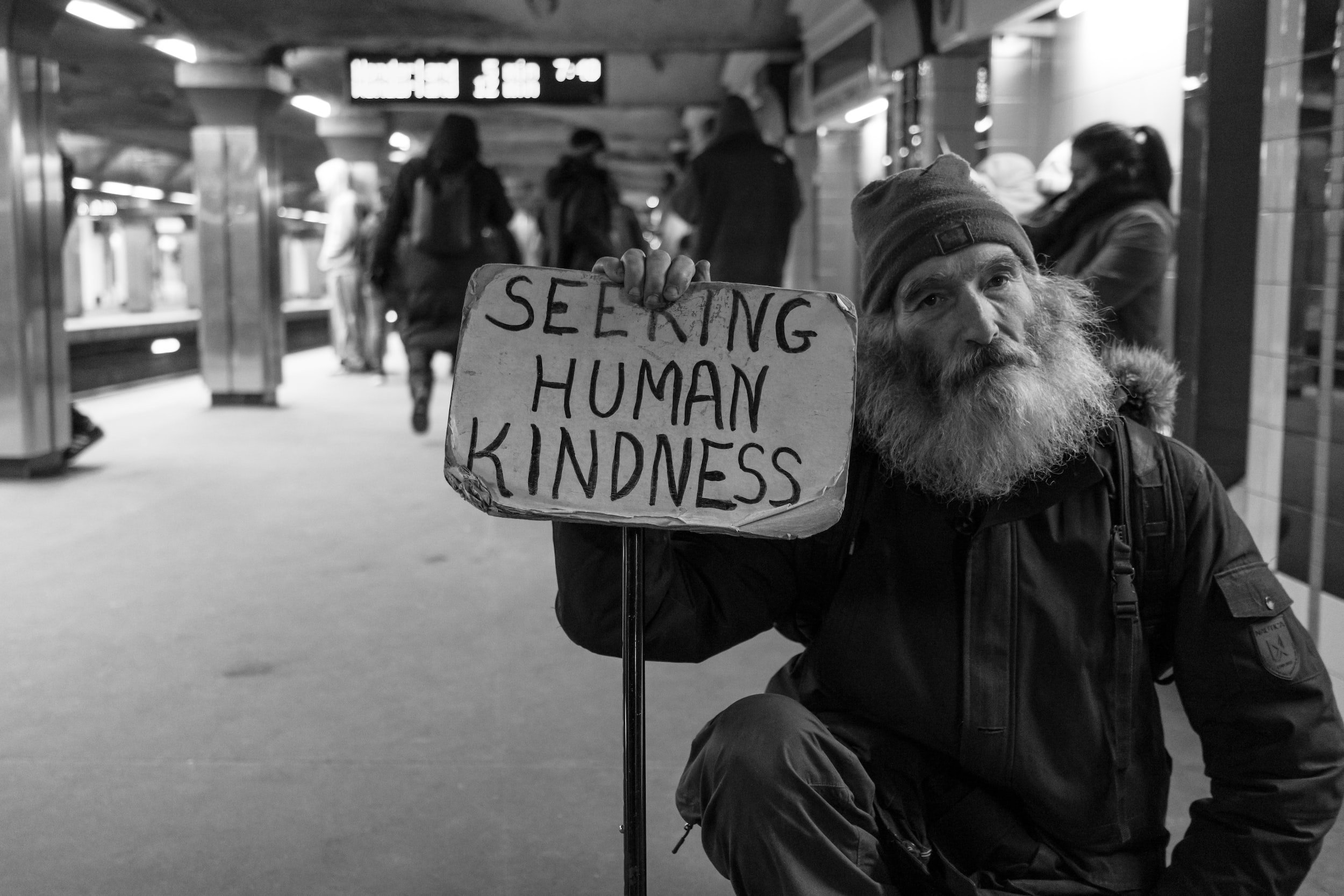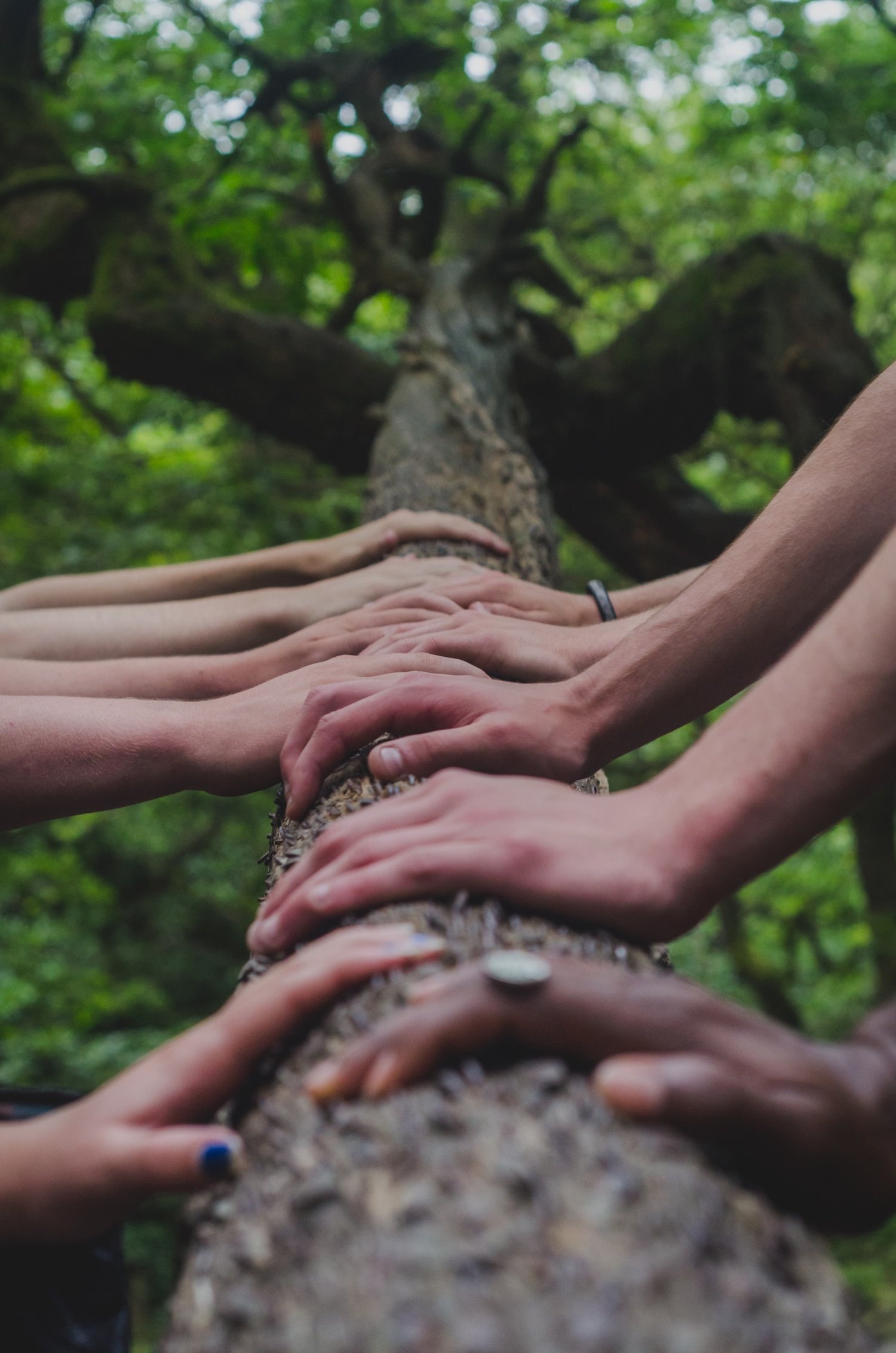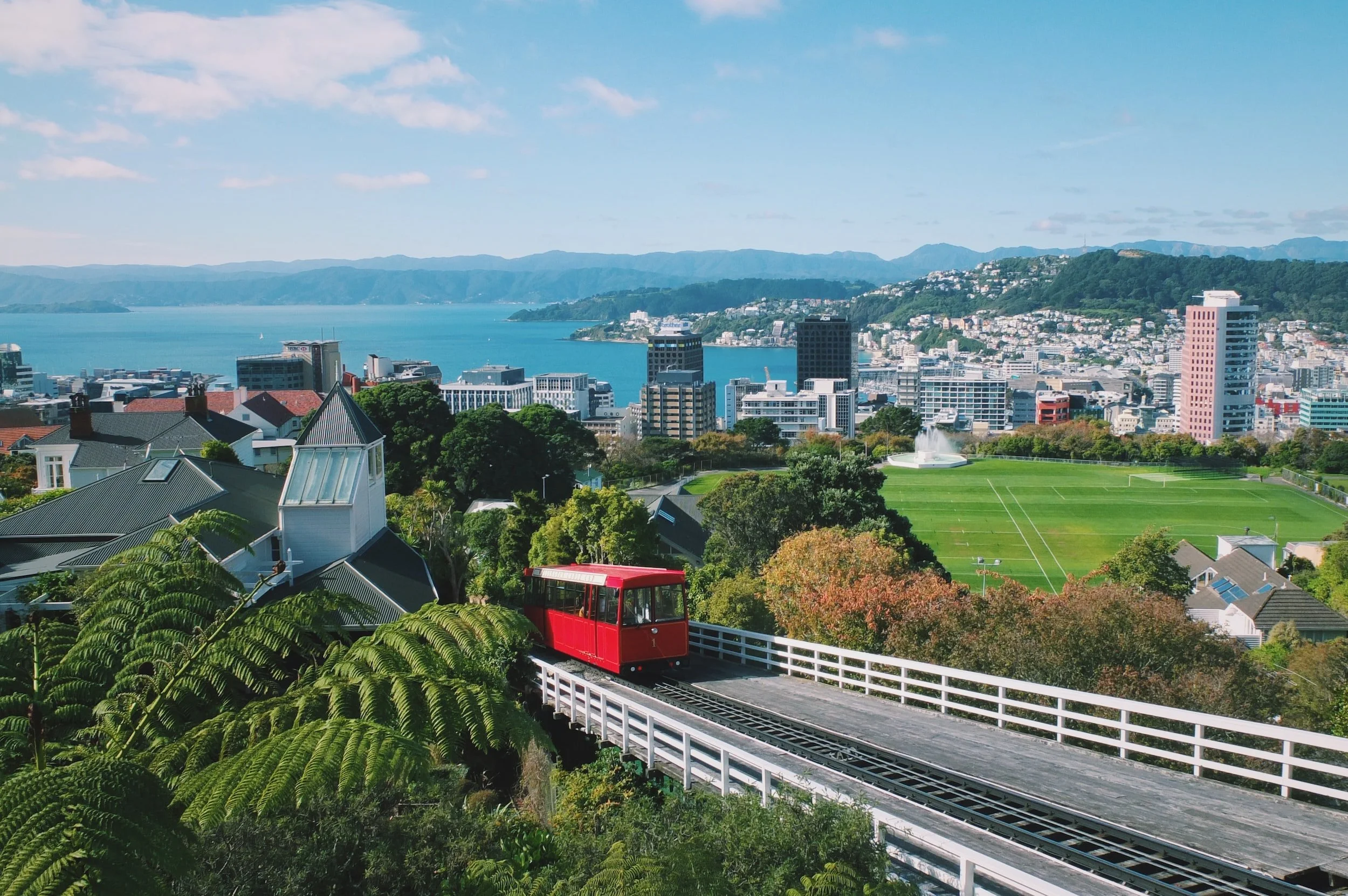
Recognize the Importance of socialization and belonging
Creating strong community and social ties provides an integral support system, too often, many people in recovery feel isolated, afraid, ashamed, and conflicted. However, when you establish a network of compassionate individuals, you’re creating a recovery community.
A recovery community, in its expanded definition is a fellowship dedicated to helping individuals move through the various stages of recovery. Socializing with friends, family and partners might seem like a minefield, filled with constant triggers that make maintaining recovery more difficult, but this doesn’t always have to be the case, many in recovery frequently have negative interpersonal experiences that are hard to let go. Consequently, they may opt to not engage with people, not know how to engage, or fear the results of getting too close to anyone.
Being able socialise with other people who have not only gone through the darkness that you are experiencing but have made it out the other side stronger can do a lot to boost your morale.
Connection can be healing and having understanding peers to lean on when times are hard can be life changing.
C.S Lewis once said - You can’t go back and change the beginning, but you can start from where you are and change the ending.
let’s change the ending together and break old patterns of behaviours, isolation is a common occurrence for survivors, because it’s not always been safe.
Socialization can be difficult and old patterns hard to change, the role of socialization is so important it’s an essential social interaction skill, providing the means via which we gradually become able to see ourselves through the eyes of others, and how we learn who we are and how we fit into the world around us.
-
Research reinforces the importance of meaningful connections for overall health
Science Daily released findings from a 2017 study that concluded that dopamine is a crucial factor in human bonding. Dopamine is a chemical that prompts our brains’ pleasure and reward center. The study indicates “social affiliation is a potent stimulator of dopamine.” The researchers purport that a positive social network, in which all members give care and receive care, may potentially increase levels of dopamine.
Harvard Women’s Health Watch reports that in addition to providing pleasure, nurturing social connections influence a variety of health factors over the long term as much as healthy eating and ample sleep. The most obvious result of positive relationships is reduced stress, including the biological release of hormones that prompt a calming, nurturing response. The research indicates improved function of immune, cardiovascular, and digestive systems as well.
Other studies point to compelling evidence for how quality relationships reinforce physical, mental, and emotional health. Regardless of age, who we hang out with may positively or negatively influence our behaviour.

Whakawhanaungatanga - Social Groups.
Group Definition:
Each mouth we organize and arrange social and activities group’s, these are our most informal groups, and are designed to create a sense of community between survivors.
Connectedness and community are necessary, if not vital to our wellbeing.
Group Purpose:
The purpose of these groups is about building a strong community, social ties provide an integral support system, by establishing a network of compassionate individuals, you’re creating a community of meaningful relationships.
Group Cultural:
Providing social activities that develop authentic, trust-based relationships that support our peers with empathy, understanding, encouragement and hope on their journey towards wellbeing.

Nga Ropu Ako - Educational Groups
Group Definition:
Educational Groups are about improving skills and gaining knowledge on subjects relevant to the challenges that many survivors encounter and can be used to cross over into the Wellbeing group.
Group Purpose:
The purpose of these groups is to provide groups that are focused on improving skill sets or knowledge about topics relevant to the challenges survivor’s encounter.
Group Culture:
The culture of these groups is more structured, generally of a fixed term period, giving more focus to a particular topic, skill, or knowledge relevant to a survivor’s wellness. Each group is designed to run either 6 or 12 weeks long

Nga Ropu Hauora - Wellbeing Groups
Group Definition:
Facilitated by a trained peer worker and follows a similar weekly structure. We have groups in Wellington, Hutt Valley and Kapiti - with ones staring in Porirua and Masterton shortly.
Check out out weekly support groups below - The team look forward to seeing you.
Group Purpose:
These groups are guided by the principals of Purposeful Peer Support and are designed to support a person’s journey towards wellbeing in an ongoing setting. Participants have an opportunity to learn from each other in a safe, non-judgmental, and confidential environment.
Group Culture:
These groups will develop their own flavour, all depending on the group facilitator. The power of group process is working through the challenges of group dynamics, dealing with diversity, learning to open up and be vulnerable navigating relational experiences. This can be scary but it’s a chance to work through challenges in a safe supportive environment that can be applied to all aspects of our life.





